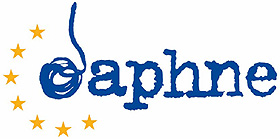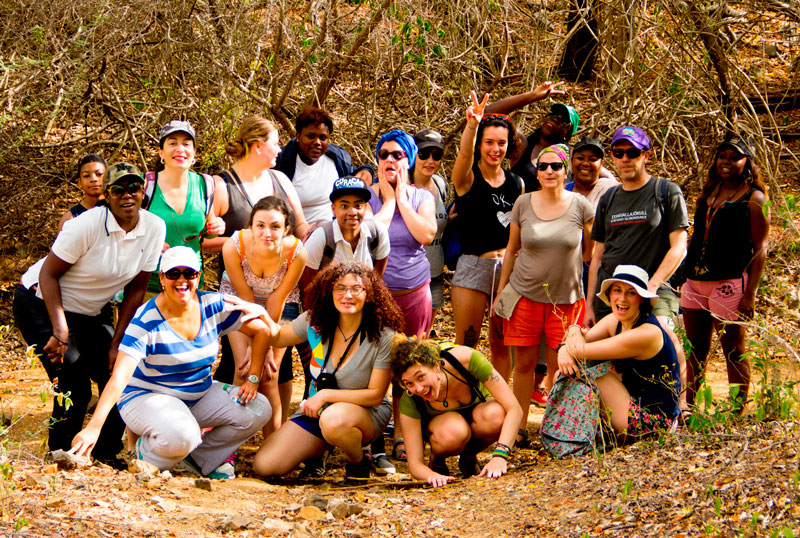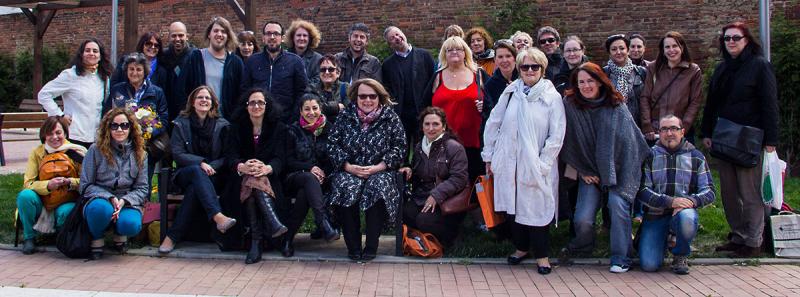Since 1996, when we started this type of projects, our experience has been very positive. The first program we managed was the one in Lláncara within the Now initiative, in collaboration with the Municipality of Palmarigi (Southern Italy) and the DUCIF association of Tourcoing (France). This program was based on the field of the elderly, training women in the management of nursing homes, day centers, sociocultural animation, etc. On the other hand, a study was also carried out on the resources for the elderly in León and its province, and the first manual on home help in rural areas in our country was prepared.
In the Equal program In this case, we were in charge of training professionals and social educators in Equal Opportunities and Reconciliation of work and family life, cross-cutting themes in the occupational courses given by other entities.
Within the European initiative Integra we carried out in León and Ponferrada, with the collaboration of the city councils of both cities, the Clara program. In León city this experience was not very satisfactory, the companies that participated contributed almost nothing (rather, they received). In the Ponferrada City Council, everything was different, training 24 women with unshared family burdens, with a low cultural level in occupational training. At the end of the program, 23 of them had an employment contract in the collaborating companies, thus more than meeting the established objectives.
SUSIPE (2013-2014) is a project created to support professionals in adult education working with single-parent families. The main objective of this initiative is to sharing knowledge and experience on approaches, projects, methods and network structures for an improved support line for single parents in Europe and to integrate single parents in the field of education, training and the labor market.
This program has been funded by EU fundswithin the lifelong learning program Grundtvig which aim to improve the quality and European dimension of adult education in a broad sense, including formal, non-formal and informal learning, including self-learning. Along with Isadora Duncan, the following organizations have participated in the program: Team training (Germany), initial e.V. (Germany), Superact!(UK),One Parent Families Scotland (Scotland), Arbetetsmuseum Norrköpping (Sweden),BGE Guyane (Activité Conseil - Boutique de Gestion) (French Guiana). For more information about the program and its objectives, please visit the following website. This is the link to the manual of Good Practices for Working with Single-Parent Families the result of this program.

DAPHNE, Delete Cyberbullying, (2013-2014) in which Isadora Duncan participated together with European organizations.
COFACE, Gezinsbond (Belgium), ASGECO (Spain), CWSP(Bulgaria), KMOP (Greece), Kek Vonal (Hungary), Väestöliitto (Finland) and BeatBullying (UK).
With the increasing diffusion of mobile technologies with permanent access to the Internet, together with the feeling of anonymity and the difficulty to demand accountability on the network, cyberbullying affects an increasing number of people, including children, adolescents and even teachers themselves.
Cyberbullying is receiving increasing attention from the media, politicians, business and society in general.
Erasmus +, (2015-2016) Pearl of the Caribbean
 This program sought to break down cultural and emotional barriers between single mothers from the Americas and Spain. To achieve this goal, the project was divided into two phases. In the first phase, a group of 12 mothers from the island of Curaçao visited the city of León for seven days and learned first-hand about the day-to-day life of Spanish mothers.
This program sought to break down cultural and emotional barriers between single mothers from the Americas and Spain. To achieve this goal, the project was divided into two phases. In the first phase, a group of 12 mothers from the island of Curaçao visited the city of León for seven days and learned first-hand about the day-to-day life of Spanish mothers.
During these days, bonds of friendship were created between mothers from both sides of the Atlantic, while educational workshops and talks were held at the headquarters of our foundation, as well as visits to emblematic places in the city and the rest of the province.
The second phase of this program consisted of a visit to the island of Curaçao by a group of 10 Spanish mothers who repeated the experience of their Caribbean counterparts. For a week, the Spanish mothers lived together and shared experiences about motherhood with a large group of mothers from Curazaleña. In addition to this, the Kakiña association organized several talks and workshops on education, motherhood, the importance of playing with our children, etc.
